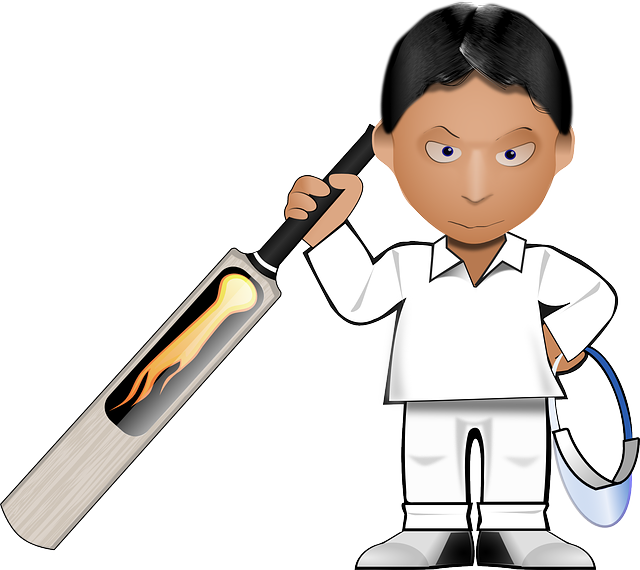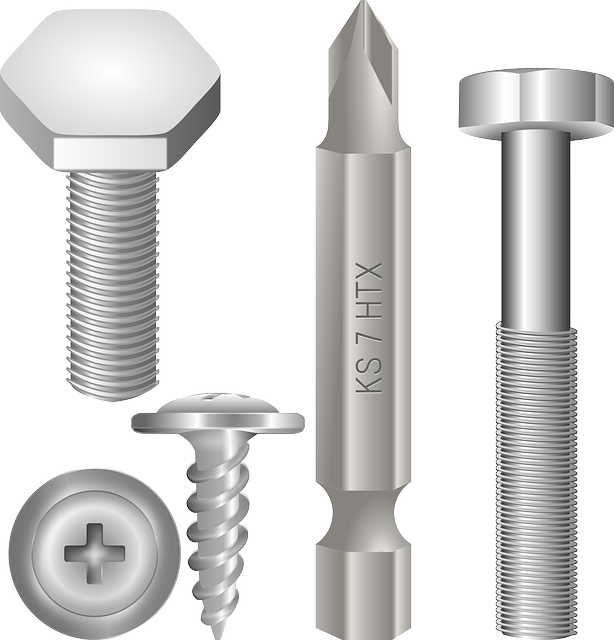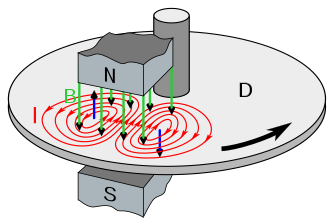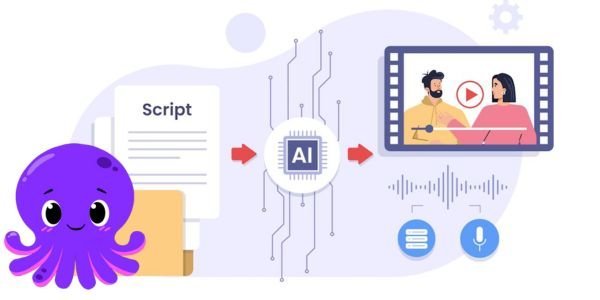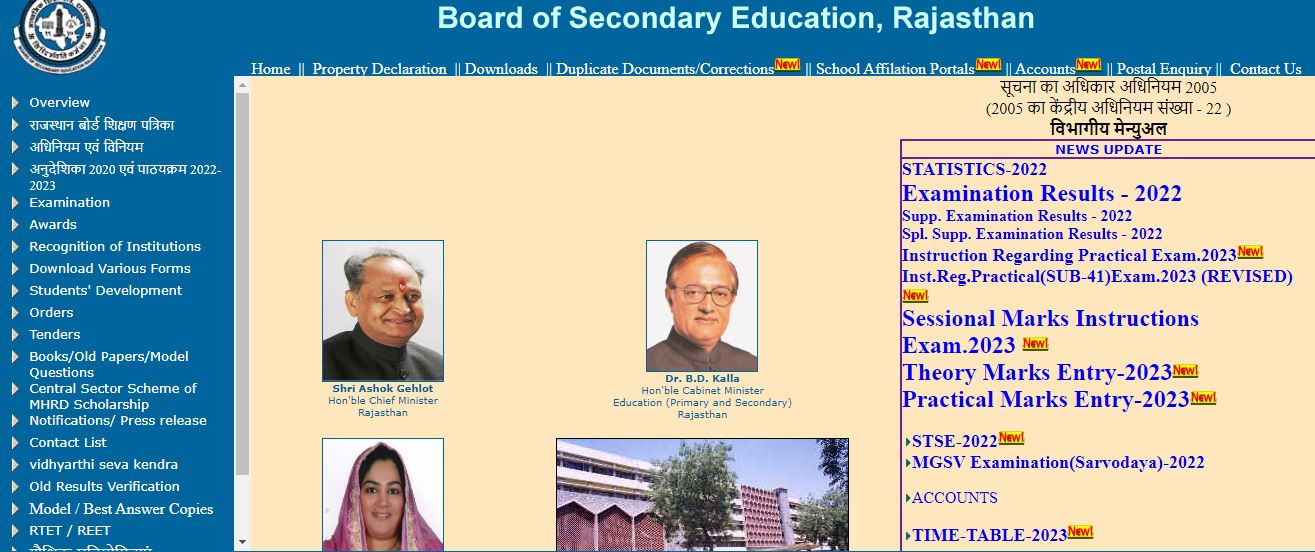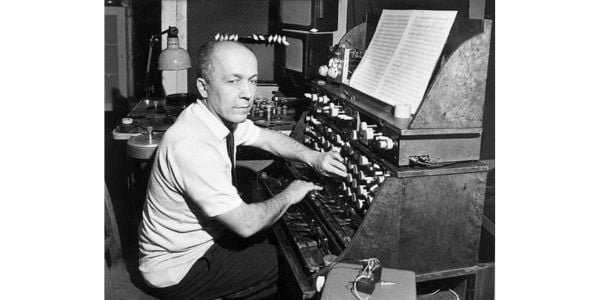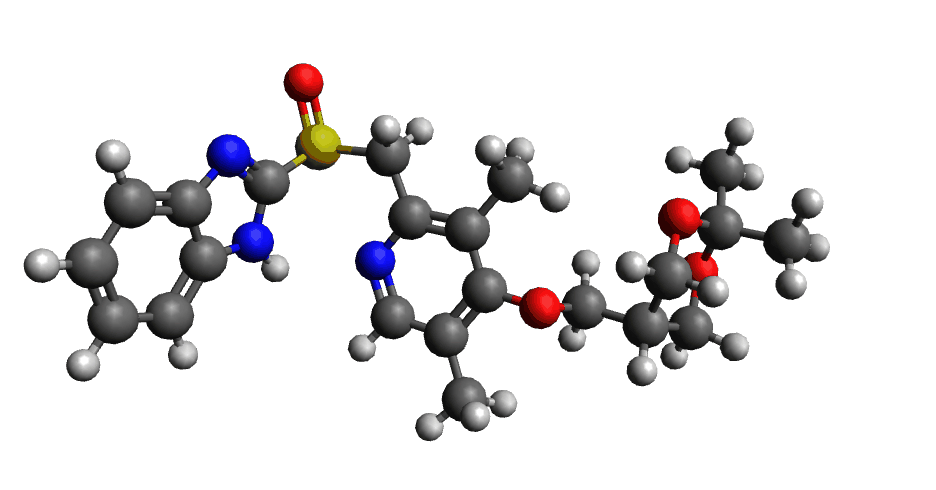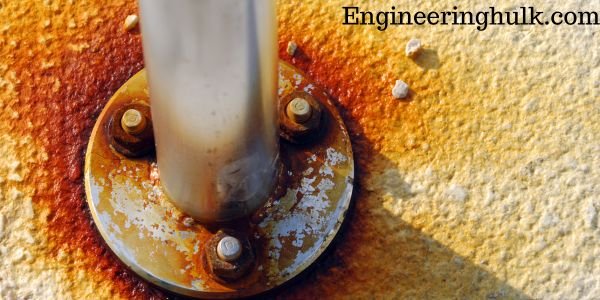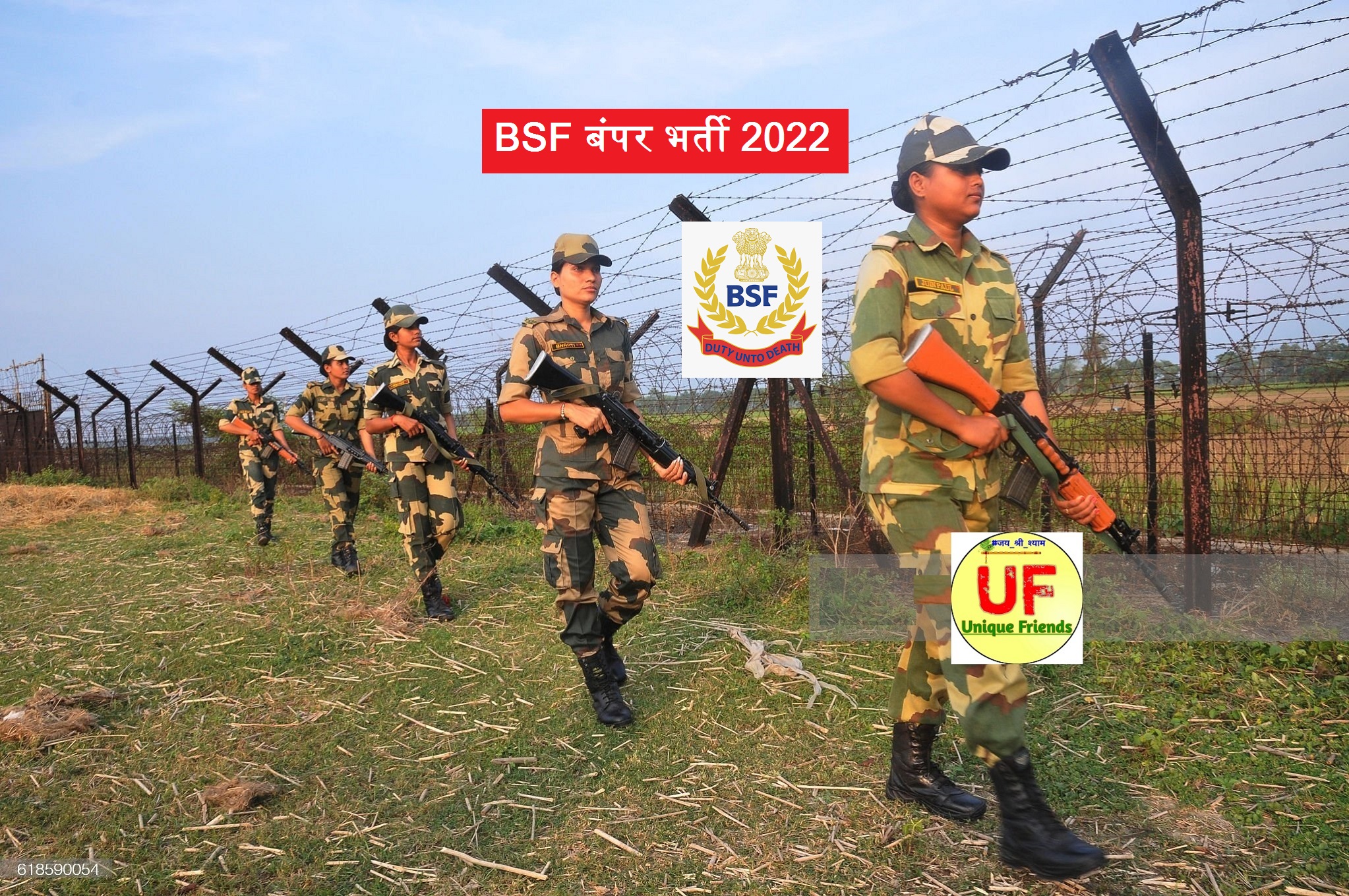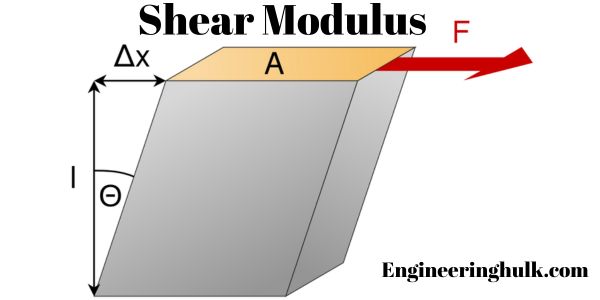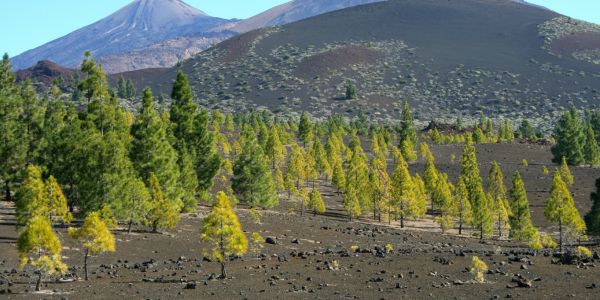Table of Contents
The Punjab School Education Board (PSEB) is a state-level education board in Punjab, India. Established in 1969, it is responsible for promoting and developing school education in the state. It is a statutory body of the Government of Punjab, which is constituted under the Punjab School Education Board Act, 1969. The board is headquartered in Mohali, near Chandigarh.
The board provides affiliation to more than 8,500 public and private schools across the state. It is responsible for prescribing curriculum, syllabus, textbooks, and other educational materials for the students in the affiliated schools. It also organizes the Punjab School Education Board (PSEB) examinations for Class 10th and 12th. It also provides scholarships to deserving students and recognizes the best schools and teachers in the state.
What is the PSTET Exam?
The Punjab State Teacher Eligibility Test (PSTET) is a competitive examination conducted by the Punjab School Education Board (PSEB) for aspiring teachers who wish to teach at the primary (classes 1 to 5) and upper primary (classes 6 to 8) levels in the state of Punjab. The PSTET exam is conducted in accordance with the guidelines set by the National Council for Teacher Education (NCTE).
The PSTET exam consists of two papers: Paper 1 is for candidates who wish to teach at the primary level, and Paper 2 is for candidates who wish to teach at the upper primary level. Each paper consists of 150 multiple-choice questions, covering various subjects such as child development and pedagogy, language 1, language 2, mathematics, and environmental studies. Candidates must score at least 60% marks in order to qualify for the PSTET exam.
Clearing the PSTET exam is one of the eligibility criteria for aspiring teachers in Punjab to be considered for teaching jobs in government schools in the state. The PSTET exam is held once a year and the result is usually announced within a few weeks of the exam.
PSTET General Eligibility Criteria
In general, the eligibility criteria for PSTET may vary from year to year. Therefore, it is important to check the official PSTET notification for the most up-to-date and accurate information about the eligibility criteria for the year in which you plan to apply.
In general, the eligibility criteria for PSTET may include the following:
Minimum age: Candidates must be at least 18 years old.
Maximum age: Candidates must not be more than 37 years old, except for certain categories of candidates who are eligible for age relaxation as per government rules.
Educational qualifications: Candidates must have a bachelor’s degree in education (B.Ed.) or have completed a 2-year diploma in education (D.Ed.) from a recognized institution.
Nationality: Candidates must be Indian citizens.
Please note that these are just general guidelines and the actual eligibility criteria may vary. It is important to carefully read and understand the official PSTET notification and the eligibility criteria before applying for the exam.
PSTET Selection Process
The Punjab State Teacher Eligibility Test (PSTET) is a competitive exam conducted by the State Council of Educational Research and Training (SCERT), Punjab for the selection of candidates for the post of teacher in government schools in the state of Punjab. The selection process for PSTET typically involves the following steps:
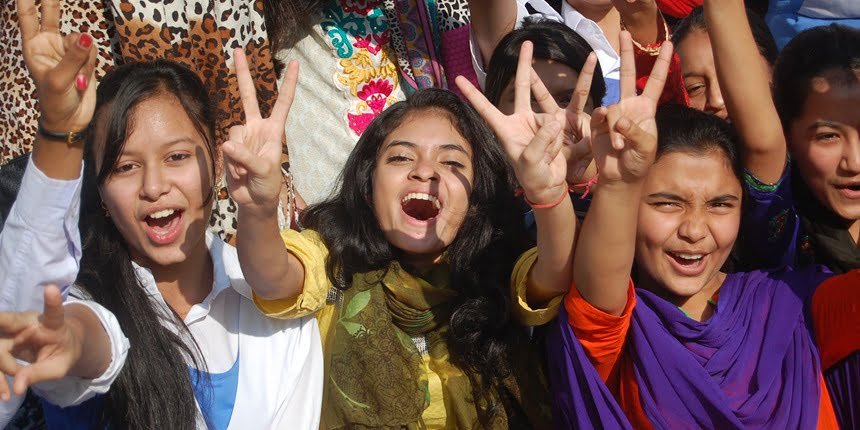
Eligibility verification: The first step in the selection process is to verify that the candidate meets the eligibility criteria for PSTET. This includes checking the candidate’s age, educational qualifications, and nationality.
PSTET exam: Candidates who meet the eligibility criteria will be able to apply for the PSTET exam. The exam consists of two papers: Paper 1 is for candidates who wish to teach classes 1 to 5, and Paper 2 is for candidates who wish to teach classes 6 to 8. The exam is usually conducted in offline mode (pen and paper) and consists of multiple-choice questions.
PSTET result: After the PSTET exam, the SCERT will announce the results on its official website. Candidates who have scored the qualifying marks in the exam will be considered eligible for the post of teacher.
Document verification: Candidates who have been declared eligible for the post of teacher will be required to undergo document verification. This process involves submitting original documents such as proof of age, educational qualifications, and nationality for verification.
Final selection: The final selection of candidates for the post of teacher will be based on their performance in the PSTET exam and the document verification process. Candidates who successfully clear both these stages will be eligible for appointment as teachers in government schools in Punjab.
PSTET Qualifying Marks 2023
The qualifying marks for the Punjab State Teacher Eligibility Test (PSTET) are the minimum marks that a candidate must score in order to be considered eligible for the post of teacher in government schools in the state of Punjab. The qualifying marks are usually set by the State Council of Educational Research and Training (SCERT), Punjab, which conducts the PSTET exam.
In general, the qualifying marks for PSTET are usually around 60% for general category candidates and 55% for reserved category candidates. However, these are just general guidelines and the actual qualifying marks may vary. It is important to check the official PSTET notification for the most up-to-date and accurate information about the qualifying marks for the year in which you are applying.
Please note that the qualifying marks for PSTET are just one of the criteria used for the selection of candidates for the post of teacher. The final selection of candidates is based on their performance in the PSTET exam as well as the document verification process.
Benefits Of PSTET
The Punjab State Teacher Eligibility Test (PSTET) is an exam conducted by the State Council of Educational Research and Training (SCERT), Punjab for the selection of candidates for the post of teacher in government schools in the state of Punjab. Here are some of the benefits of PSTET:

PSTET is a recognized qualification: By clearing PSTET, candidates can demonstrate their knowledge and aptitude for teaching and gain a recognized qualification that is recognized by the government of Punjab.
Improved job prospects: Candidates who clear PSTET will be eligible for the post of teacher in government schools in Punjab, which can lead to improved job prospects and career growth.
Better pay and perks: Teachers in government schools in Punjab are entitled to a number of benefits, including a good salary, retirement benefits, and other perks. Clearing PSTET can help candidates secure a teaching position in a government school and enjoy these benefits.
Opportunity to contribute to education: By becoming a teacher, candidates can make a positive impact on the lives of students and contribute to the education sector in Punjab.
Professional development: PSTET provides an opportunity for candidates to improve their knowledge and skills and enhance their professional development. This can help them to become more effective teachers and better serve the needs of their students.
Career Opportunities of PSTET
The Punjab State Teacher Eligibility Test (PSTET) is an exam conducted by the State Council of Educational Research and Training (SCERT), Punjab for the selection of candidates for the post of teacher in government schools in the state of Punjab. Successfully clearing PSTET can open up a number of career opportunities for candidates in the teaching profession.
Here are some potential career paths for candidates who clear PSTET:
Primary school teacher: Candidates who clear PSTET and have the required educational qualifications can apply for the post of primary school teacher in government schools in Punjab. Primary school teachers teach classes 1 to 5 and provide a strong foundation in subjects such as English, mathematics, science, and social studies.
Upper primary school teacher: Candidates who clear PSTET and have the required educational qualifications can also apply for the post of upper primary school teacher in government schools in Punjab. Upper primary school teachers are responsible for teaching classes 6 to 8 and helping students build on the foundation in primary school.
Subject teacher: Candidates who clear PSTET and have expertise in a particular subject, such as mathematics or science, can apply for the post of subject teacher in government schools in Punjab. Subject teachers are responsible for teaching their subjects to students of all classes.
Special education teacher: Candidates who clear PSTET and have the required qualifications and training can apply for the post of special education teacher in government schools in Punjab. Special education teachers are responsible for teaching students with special needs and providing them with the support and accommodations they need to succeed.
Higher education: Candidates who clear PSTET and have the required qualifications can also pursue higher education in teaching or education-related fields, such as education administration, curriculum development, or educational research. This can lead to further career opportunities in the education sector.
Also, read D.E.L.E.D


